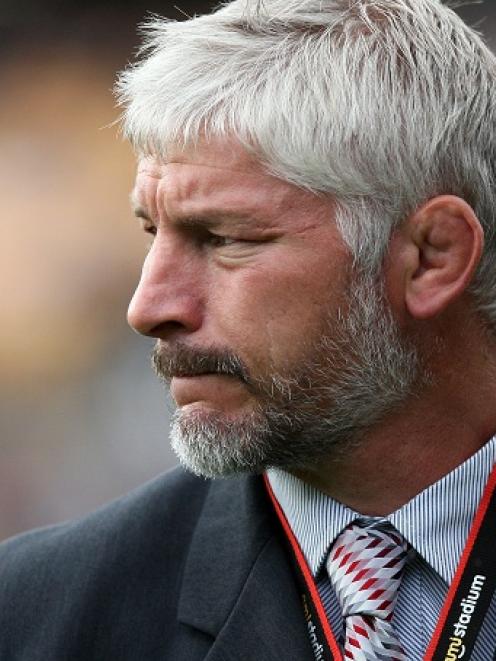
A good place to start might be the way New Zealand Rugby rewards its players - a generic approach which, perhaps rightly, benefits long servers but which might need an overhaul as overseas clubs target younger players rather than those on the verge of retirement.
At the moment the big All Black earners are Richie McCaw, Dan Carter, Kieran Read, and perhaps Jerome Kaino due to time served and consistency of performance.
But it is the younger players on the fringe of the All Blacks who are now the most vulnerable - think Charles Piutau, Colin Slade, and now, maybe Crotty.
Crotty is still only 26 and would potentially have a big role to play with the All Blacks next year. Steve Hansen will be missing Ma'a Nonu and Conrad Smith, so Crotty would be in the midfield mix alongside Sonny Bill Williams and Malakai Fekitoa.
In Crotty's case he is off contract at the end of the year and is said to be seriously considering a move. If he did go it would be another blow to New Zealand Rugby and the Crusaders, who are already facing the prospect of starting next year's season without a recognised first-five.
For men such as Piutau, Slade and Crotty, All Black selection is not a given like it is with McCaw, Carter and Co in recent times.
They would be paid a maximum of $190,000 by their franchises, and more by New Zealand Rugby if they make the All Blacks. Slade and Crotty recently have been called in only as injury replacements, so are likely to be paid only the $7500 per week fee for time spent in camp. It's good money but nowhere near what the big earners get.
Another issue is that the ITM Cup is now a semi-professional competition, so Crotty is now unlikely to earn much from Canterbury.
Slade signed a contract with Pau for a deal apparently worth about $700,000 a year - much more than twice more what he could expect to earn if he stayed. And the key is that it's a guaranteed salary - he doesn't need to make another team to boost it.
Maybe New Zealand Rugby should be more flexible in their contracts, more aware of which players are vulnerable to offers. Overseas clubs are making good business decisions by signing younger players rather than those looking for a retirement cheque. New Zealand Rugby has to move with the times.
- By Patrick McKendry of NZME. News Service











